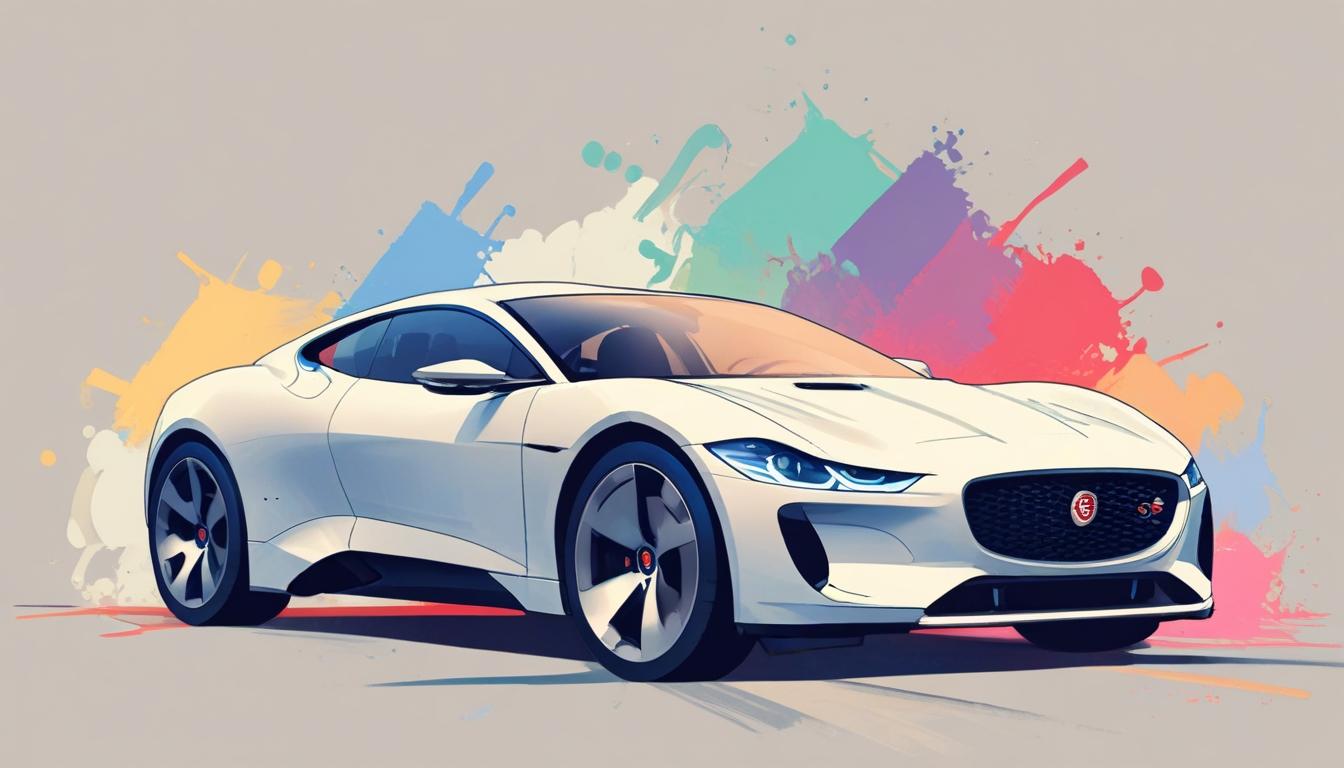Jaguar Land Rover (JLR) is currently navigating turbulent waters following a rebranding initiative that has drawn both ire and intrigue from the public. The UK's luxury car manufacturer aims to reinvent its image but may have underestimated the backlash it would provoke. Earlier this year, the brand released a controversial promotional video that notably omitted its vehicles. Instead, it showcased abstract visuals and non-traditional models dressed in striking attire set against a fantastical backdrop. Critics were quick to lambast the company, with social media figures like Elon Musk openly questioning, "Do you sell cars?"—a sentiment echoed by political figure Nigel Farage, who suggested that Jaguar deserved to fail for its misguided approach.
This effort, branded under "Project Roar," reflects a marked shift in strategy as JLR pivots towards electric vehicles, signalling a break from its storied heritage. The carmaker's approach has drawn comparisons to its previous attempts at rebranding that failed to resonate with traditional consumers. For instance, an earlier campaign in 2005, which sought to attract a wealthier and younger demographic through the "Gorgeous" narrative, fell flat without demonstrating any boost in sales figures.
Currently, JLR faces stark contrasts in its sales performance. Reports indicate a staggering 25% plummet in sales from 2022 to 2024, with figures sinking from over 61,000 to just 33,320 vehicles sold. Observers note that this decline comes despite JLR's intentions to reposition itself as a high-end, all-electric brand by 2026, with new models priced above £100,000. While such an ambitious plan could appeal to a niche market, the company risks alienating its passionate customer base.
Rawdon Glover, JLR's managing director, has defended the new strategy, asserting the need for a fresh approach to stand out in a saturated market. He remarked that if Jaguar were to continue following conventional methods, it would likely get lost among competitors. Glover views the rebrand as essential for capturing the contemporary essence of Jaguar, even amidst observable backlash. He stated his disappointment at the hateful comments targeting the models in the promotional video, underscoring a commitment to diversity and modern representation.
Despite the criticism, some praise the provocative direction. The campaign has managed to amass over 160 million views, demonstrating that, while polarising, it does capture attention and generate discourse. However, the risk of alienating long-time supporters weighs heavily on JLR, particularly as industry experts suggest that the luxury market is evolving, especially in regions like China and the Middle East. There is a pressing need to strike a balance between innovation and heritage in order to sustain its reputation.
As JLR seeks a new advertising agency to replace Accenture Song amid this fallout, it becomes apparent that the stakes are high. The company's trajectory will be closely watched as it attempts to rekindle the loyalty of its base while attracting a new generation of drivers. The path forward remains fraught with challenges, especially as it contends with declining sales and increasing competition from established luxury electric brands.
In summary, Jaguar Land Rover stands at a critical juncture as it endeavours to redefine its identity in an era characterised by rapid change and heightened consumer expectations. The upcoming years will determine whether its ambitions can be transformed into a successful reality, or if its bold new vision will drive it further into a corner.
Reference Map
- Paragraphs 1, 2
- Paragraph 2
- Paragraph 3
- Paragraph 4
- Paragraph 5
- Paragraph 6
- Paragraph 7
Source: Noah Wire Services
